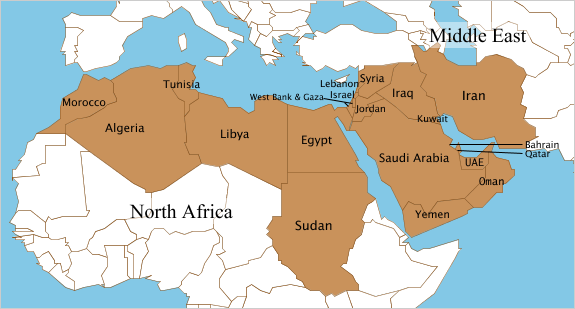
Basil El-Baz: Defeating ISIL through Job Creation
In a recently penned Op-Ed, Basil El-Baz, a leading Egyptian industrialist, put forth a strong call for an economic revolution across the Middle East to tackle the grievances that groups like Islamic State (IS) take advantage of.
Writing in GlobalPost, El-Baz explained the central weakness of the MENA region:
Among the region’s youth, it is a common belief that they are being forgotten and their governments do not care about their future. The IS exploits this disenchantment to lure the region’s youth. Unemployment is creating an army of conscripts for the extremists.
The United States and countries around the world have united to form a military coalition aimed to degrade and destroy the militant group. However, as El-Baz highlights, it will take a dramatic and sustained effort by governments in the region to reform and revitalize their economies to meet the demands of their burgeoning populations.
El-Baz highlighted three essential changes that need to take place in the region. First is that MENA governments should initiate an infrastructure program across the region in order to foster the development and the transportation of goods and services. This infrastructure program should target roads, railways, airports, and seaports so that the costs and risks of doing business at all levels of society are greatly reduced.
Second, is the need for governments to allow the private sector to be the catalyst for economic growth. Governments throughout the region need to enact fundamental reforms so government resources are not continually wasted and private companies can operate in an environment more conducive to doing business.
Third, is the need for the region to begin developing a stable manufacturing base. For too long, economies in the region have been providers of services, or reliant on tourism and energy but El-Baz argues that it is time for the Middle East to manufacture many of the products it consumes.
The military effort to combat IS must be part of a broader strategy to bring about fundamental change to the economies of the region so they can meet the demands of their peoples and give hope to generations to come.





